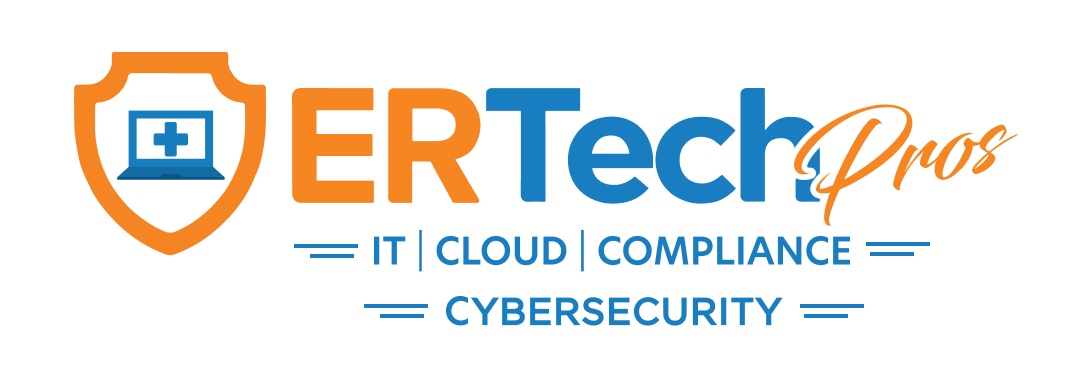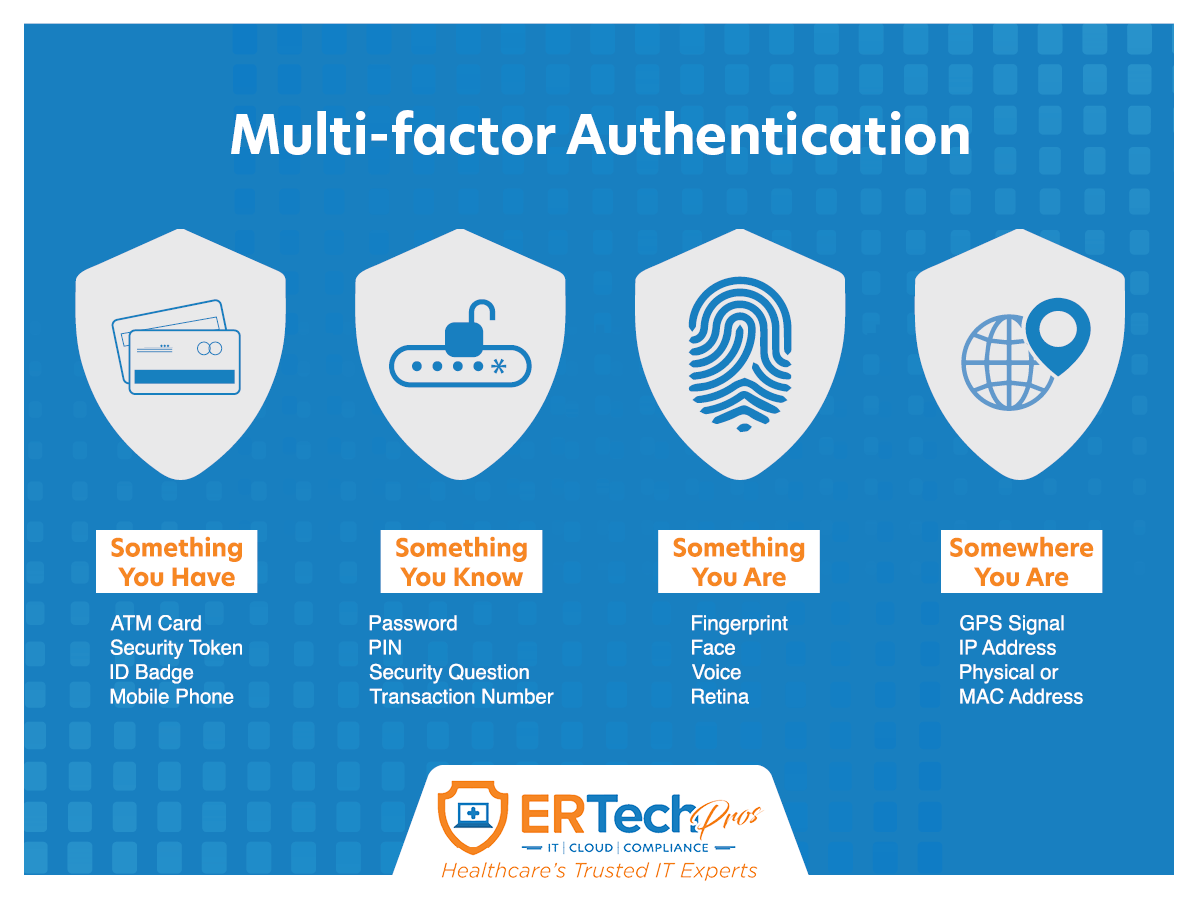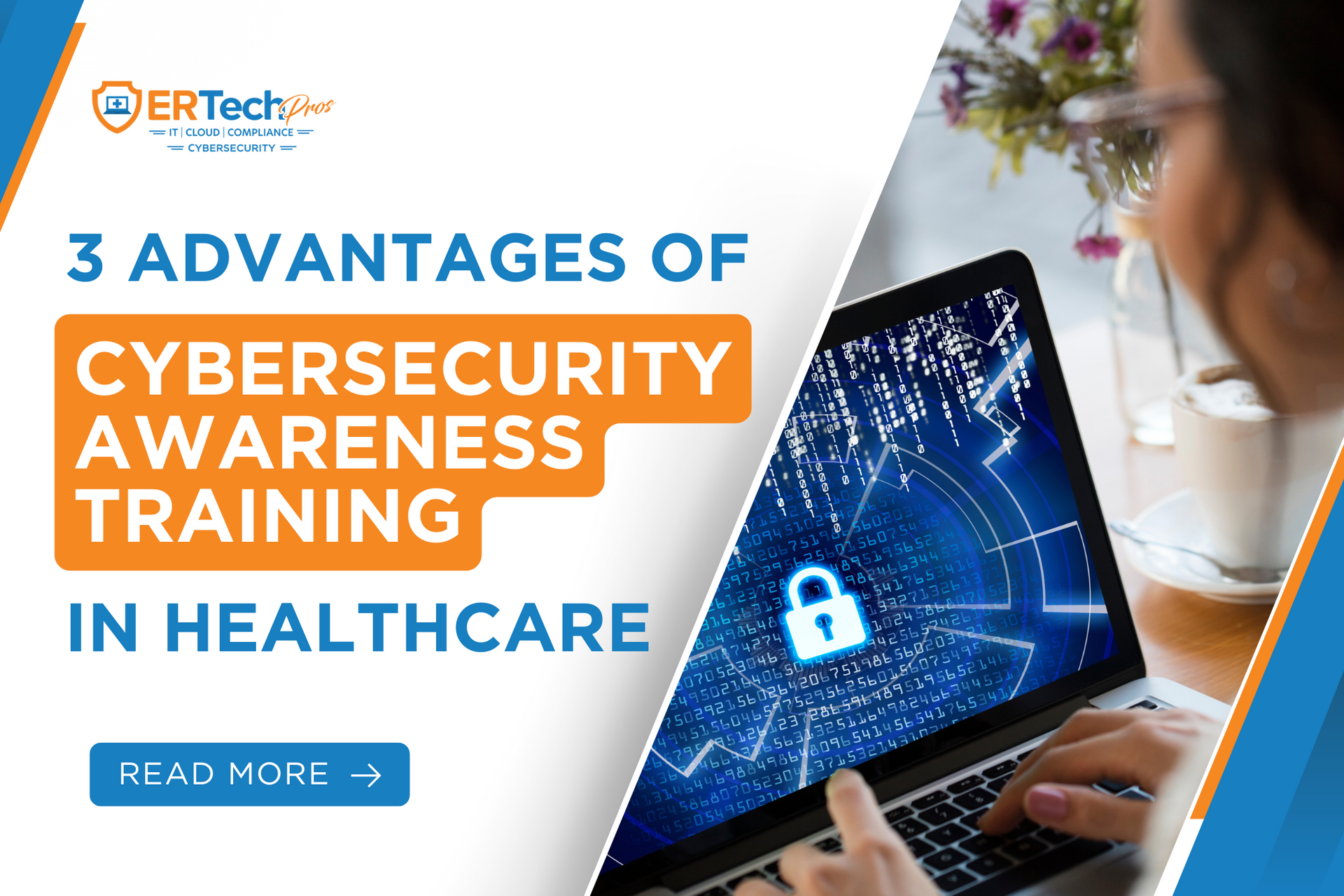No matter what business you have or what industry you fall under, there’s no denying that multi-factor authentication (MFA) is an essential part of security.
You may not be very familiar with the term, but you’ve likely been using MFA for decades to secure business and personal transactions.
What is MFA ?
Multi-factor authentication is a security method in which a user is required to present two or more of the following factors to an authentication mechanism:
Only when you correctly provide the required factors will you be given access to a computer, application, or program. This gives your account an added layer of security that’s difficult to break through.
From shopping, to entering your office, to social media, to ATM withdrawals, to your gym membership, MFA technology is used to ensure that every transaction you make is as secure as possible.
The great news is that you can have that level of security in your practice, too!
How can MFA protect you and your practice?
Here are some of the ways your practice can take advantage of the protection that MFA technology offers:
Server Security
For many healthcare facilities, servers are vital in keeping practice operations running. They play a huge role in data storage, EHR software hosting, data recovery, and even in network security.
Whether your practice has a physical server or a cloud-hosted one, keeping it secure and protected from hacks and breaches is top priority.
Even if you have firewall protection and access restrictions in place, malicious actors can still bypass them and get access to the valuable data your servers hold.
What You're Saving Your Practice From
In April 2019, the network server of Centrelake Medical Group, Inc. was hacked and the breach resulted in 197,661 patients’ protected health information (PHI) being exposed. It was a malware attack that prevented the access of patient information.
It also appeared that the attacker gained access to the server and started exploring it six weeks before the malware was deployed.
The medical group faced a class action lawsuit charging negligent failure to secure patients’ PHI and failure to notify the patients about the breach in a timely manner.
Your servers need as much protection as possible. According to Microsoft , MFA provides an extra barrier of security that makes it incredibly difficult for attackers to get past. And based on their studies, if you use MFA, your account is 99.9% less likely to be compromised.
Here's What We Recommend
Duo is a leading security and multifactor authentication company that has the capacity and technology to do provide this protection to your practice.
It equips the servers of over 15,000 companies all over the world with easy and effective two-factor authentication (2FA), defending them against breaches and cyberattacks.
A server that houses your clinic’s patient data definitely needs another layer of security.
The good news is: Being as far from a malware and ransomware attack as possible doesn’t have to be expensive!
Duo rates can be as low as $3 per user per month and you can get a lot more value for money if you partner with a certified Duo reseller like us.
Our team of cybersecurity specialists can do a thorough assessment of your servers, provide you with sound recommendations, and you can get Duo’s MFA solutions for a way better price.
Email Security
For many healthcare practices, especially large ones, email accounts are essential for both internal and external communication. These contain important contact details, confidential conversations, classified information, and important files, which obviously need to be kept safe and secure.
What You're Saving Your Practice From
In January 2019, Center for Sight and Hearing discovered that a hacker had gained unauthorized access to an employee’s email account, causing the exposure of 5,319 patients’ PHI.
Had MFA technology been in place, the employee whose account had been compromised could have received a notification that someone was trying to hack their account. They could have stopped the breach then and there by denying access and reporting the incident.
Here's What We Recommend
While all major email providers such as Microsoft Outlook and Yahoo Mail are capable of supporting MFA, G Suite Business seems to be the provider of choice by most practices because it is backed by a HIPAA-compliant Business Associate Agreement and fully capable of multi-factor authorization.
If you’re looking for a powerful all-in-one email provider with security mechanisms such as MFA in place, G Suite for Business is a great place to start.
G Suite rates typically start at $6 per user per month, but you can get a much better deal by contacting
trusted G Suite reseller ER Tech Pros!
Our IT and network experts can also assess your email setup and ensure that your practice is safe from cyber attacks and HIPAA violations.
GET A G SUITE PLAN NOW
Social Media Security
Because of restrictions and stay-at-home orders, many people have turned to social media to get their questions answered.
Because of the influx of medical-related questions, more and more doctors have become social media influencers as they post valuable information and insight online. You may very well be one of them!
What You're Saving Your Practice From
If you (or your clinic) are becoming an influencer on social media, this makes you more vulnerable to malicious actors who want to take advantage of your following and reach.
In fact, in June 2020, the personal data of an estimated 100,000 social media influencers had been accessed and partially leaked after a malicious actor had compromised the systems of social media marketing firm Preen.Me.
Whether they’re for your practice’s marketing efforts or your personal use, your social media accounts require some degree of protection against potential hacks and breaches.
Unfortunately, you’ll need more than a username, password, and security question to get the level of protection you need.
Here's What We Recommend
MFA is the answer to securing your personal information.
Never be careless when it comes to social media security. Do a bit of research to see if the social media sites and applications you’re on have additional security features that you can use.
The good news, though, is that the top three biggest social media sites in 2020—Facebook, LinkedIn, and Twitter—are 2FA-ready. All you need to do is configure these accounts and make sure that the necessary security features are switched on .
Don’t have an IT team in your practice? Not quite sure how you can do all that setup? No problem!
You can have IT experts over at ER Tech Pros set up, manage, and monitor your practice’s accounts and network security for as low as $40 per desktop per month.
Give your practice the security it deserves.
Your practice, your patients, and all the data that you handle deserve a high level of protection from breaches, hacks, and unauthorized access…and multi-factor authorization is just the technology to help you.
Safeguard your email accounts, your servers, and your social media accounts with MFA now.
Keep updated with the latest cybersecurity tools and technologies.
TALK TO OUR IT EXPERTS TODAY
















